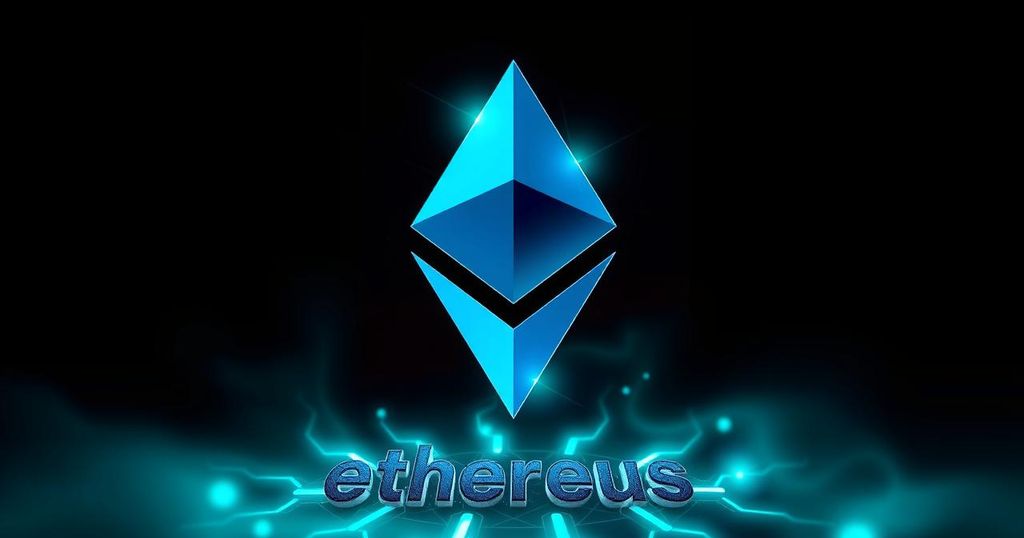Ethereum’s Pectra Upgrade Launches with Major Validator Changes
Ethereum has launched its Pectra upgrade on the mainnet, activating 11 EIPs. The upgrade increases validator balances to 2,048 ETH, optimising staking operations. Major exchanges like Binance and Coinbase paused some services temporarily to ensure a secure rollout. Analysts are mixed on implications for Layer 2 solutions, suggesting both challenges and new advantages arise from these changes.
Ethereum’s latest upgrade, the Pectra update, has officially launched on the mainnet, marking a pivotal moment for the network. This anticipated upgrade has activated 11 Ethereum Improvement Proposals (EIPs) and went live at 10:05 UTC, achieving finality in just under 12 minutes. This comes on the heels of two challenging testnet attempts that had many holding their breath.
Among the key changes is EIP-7251, which significantly increases the effective balance of each validator from 32 ETH to an impressive 2,048 ETH. This shift allows major staking providers to streamline operations, consolidating thousands of nodes and ultimately cutting down on bandwidth expenses. Meanwhile, EIP-7702 introduces a new ability for externally owned accounts to temporarily execute smart-contract code, opening up avenues for stablecoin gas-fee payments and subscription-based transfers. A slew of other EIPs focus on enhancing data availability, improving the onboarding of validators, and boosting cryptographic efficiency.
As of the latest data, Ethereum (ETH) is trading at around $1,840, showing almost a 3% increase in the past day as markets react to the upgrade and prepare for today’s FOMC rate decision. Developers are already pivoting towards the next hard fork, dubbed “Fusaka,” which is set for late 2025. With Pectra’s successful rollout, Ethereum seems to be solidifying its path forward after a series of incremental changes over the past three years.
Analysts from Bitfinex weighed in on the implications of the Pectra upgrade. They see both promising opportunities and potential pitfalls for Ethereum’s Layer 2 solutions. Specifically, while the upgrade enhances efficiency and lowers operational costs, there may be a risk of concentrating validator power, which could ultimately harm Layer 2 fee revenues and decentralization. This could force Layer 2s to innovate to stay relevant. “It’s a double-edged sword for Layer 2s,” said the analysts.
On a slightly brighter note, Nicolai Sondergaard, a Research Analyst at Nansen, provided a more tempered view. He stated the upgrade stands to enhance Ethereum’s Layer-2 ecosystem by doubling blob capacity and elevating calldata costs. This, he argues, sets blobs as the new standard for rollup data and paves the way for cheaper transactions and improved user experiences for decentralized applications (dApps).
Sondergaard highlighted benefits for Decentralised Finance (DeFi) and NFTs, particularly through smarter wallet functionalities, gas sponsorship, and reduced fees. He also emphasized that onboarding users for DAOs and social applications would now be less cumbersome. Importantly, there were no backward-incompatible changes, ensuring that existing contracts can still operate as intended.
As for the upgrade’s logistical side, some major exchanges, including Binance and Coinbase, opted for temporary service pauses to manage the transition. Binance announced the suspension of deposits and withdrawals for 14 tokens beginning Wednesday at 09:45 UTC, assuring users it was to support the Ethereum upgrade smoothly.
Trading on Binance will remain active but the freeze on certain functionalities will lift once market conditions stabilise post-upgrade. Likewise, Coinbase is pausing operations to maintain user fund safety from 2:50 AM to 3:45 AM PT, which will also delay new staking requests during that period, all while existing staked positions remain unaffected.
In summary, the Pectra Upgrade indeed signals a new chapter for Ethereum and its community, balancing innovation and caution as the network continues to develop.




Post Comment